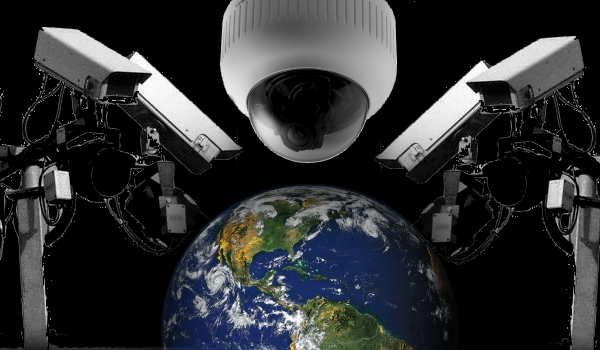
God returns in the form of Google
Some religions have taken to the internet, others block it and deem it evil and will punish their ‘flock’ if they are caught using it. Regardless, the internet now boasts a “user base of 34%” of the total global population.
Has Facebook become the devil or an angel in disguise, you tell me… Perhaps Facebook is the new Judas, who betrayed Google. Are we all not the children of God?
Unless the stats we researched are completely off, and we mean way, way off – this leaves the internet population at a staggering 2,405,518,376 users! Reference to stats: http://www.internetworldstats.com/stats.htm
No matter what religion you believe in – if you are a believer, you have to concede that your God is all knowing. Now, the Internet has become all knowing! Is Google the new God? Perhaps the reincarnation of Allah has arrived as being Microsoft? Seems possible to me, shouldn’t it be looked at?
Like religion, most entities of power exist only to govern people and create revenue. Well, there is an original thought – Google, Facebook, Microsoft and Apple all of the greatest of power! Does the internet not govern people? Through fact, fiction and desire to be, have and do – the Internet provides us with all the answers, interaction and solutions we want, right? Google may be God?
Now don’t get your undies in a wad, your religion is not under attack here – its just evolved to the Internet. What does your God think about all this? Whom ever he /she or “it” is – it shouldn’t take much intelligence to realize that the internet is power, wisdom and controls the thoughts, actions and voices of the largest ‘collective’ population of human beings!
What is so shocking to me is that despite the basic evolution of intelligence through science and true reflection on history and knowing that most of the religious teaching are carefully crafted and selected story’s and were created to govern man, we still cling to this Internet as many do a religion! We ignore that the governments across the globe are fighting to invade privacy while practicing our Internet religion and that the media is blasting its bias (paid for) messages through your monitors and screens!
Even through our most basic levels of evolution, we didn’t learn that religion causes more wars than any other cause, we don’t care that our governments are spying on us – we are lazy, numb and incompetent of our own ability to govern ourselves. So, we must bow down to the ones we serve – the Internet, our Governments and the Media!
We have no choice now, we are still a global society searching for all the things that the Internet offers and therefore Governments, Religions and of course our Media all want to control the Internet! Just think about it for a minute!
Take a look at a few of the news articles on privacy this week:
https://www.wired.com/2013/10/private-tracking-arms-race/









